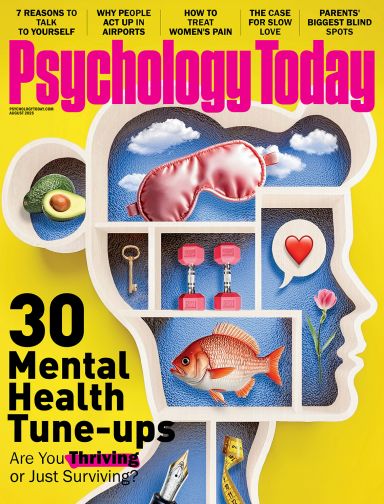All humans are born with biological characteristics of sex, either male, female, or intersex. Gender, however, is a social construct and generally based on the norms, behaviors, and societal roles expected of individuals based primarily on their sex. Gender identity describes a person’s self-perceived gender, which could be male, female, or otherwise.| Psychology Today
Anxiety is both a mental and physical state of negative expectation. Mentally it is characterized by increased arousal and apprehension tortured into distressing worry, and physically by unpleasant activation of multiple body systems—all to facilitate response to an unknown danger, whether real or imagined.| Psychology Today
Happiness is an electrifying and elusive state. Philosophers, theologians, psychologists, and even economists have long sought to define it. And since the 1990s, a whole branch of psychology—positive psychology—has been dedicated to pinning it down. More than simply positive mood, happiness is a state of well-being that encompasses living a good life, one with a sense of meaning and deep contentment.| Psychology Today


